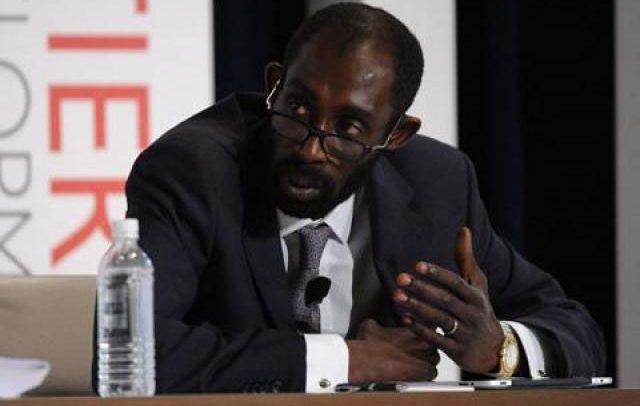Njack Kane‘
CHIEF EXECUTIVE Officer (CEO) of Intervalle Geneve SA, Njack Kane, has urged Ghana and other sub-Saharan African nations to work to attain rice self-sufficiency.
Mr. Kane, a Senegalese and one of Africa’s largest rice importers, made the call recently at Aburi in the Eastern Region in an interview with DAILY GUIDE on the sidelines of a meeting organised by the John Agyekum Kufuor (JAK) Foundation.
The meeting brought together key stakeholders – including the Ghana Rice Inter-Professional Body (GRIB), ADB, MoFA, the School Feeding Programme – from across Ghana to deliberate on how best to build a sustainable value chain in the nation’s rice sector through policy and advocacy.
Ghana has envisaged attaining rice self-sufficiency by 2023 as indicated by the Minister of Food and Agriculture, Dr. Owusu Afriyie Akoto.
The minister projected that domestic rice production would increase from the current 456,000 metric tonnes of milled rice and reach self-sufficiency by producing 1,665,000 metric tonnes by 2023.
Various initiatives being undertaken by government are anticipated to increase production to address current deficit level of 656,000 metric tonnes to a surplus of 365,230 metric tonnes in 2023.
But Mr. Kane said African governments should move beyond the perennial talk shows to practical action.
He reminded leaders on the continent that the shortage of rice in the past have led to toppling of some governments specifically in Liberia and Sierra Leone and that if care was not taken, a similar thing could happen again.
‘Irrigation Needed’
According to him, “We all know in order to make it happen, we need irrigation scheme; you cannot depend on rain especially in the climate change era. So it has to be irrigation.”
Noting that the cost of irrigation was too high, he said no private sector person could single-handedly do that.
Partnership
According to him, “Government cannot grow rice; government cannot sell rice. Government has to establish the enabling environment and provide infrastructure; then clear visibility for long-term investors – both national and international to come massively into the financial scheme. Unless this happen, we will keep talking; we will keep making promises.”
He said in West Africa it was only Ghana and two other nations that have taken the right measure to achieve self-sufficiency.
But he noted that it should not only be the Ghanaian government’s decision to achieve rice self-sufficiency but also all stakeholders including civil society and private sector.
He called for the protection of the rice market in West Africa and Ghana and the creation of an internal competition.
Coordinator of the Ghana Rice Project, Ebo Graham, urged public private partnership (PPP) to promote and sustain rice production on the continent.
BY Melvin Tarlue


